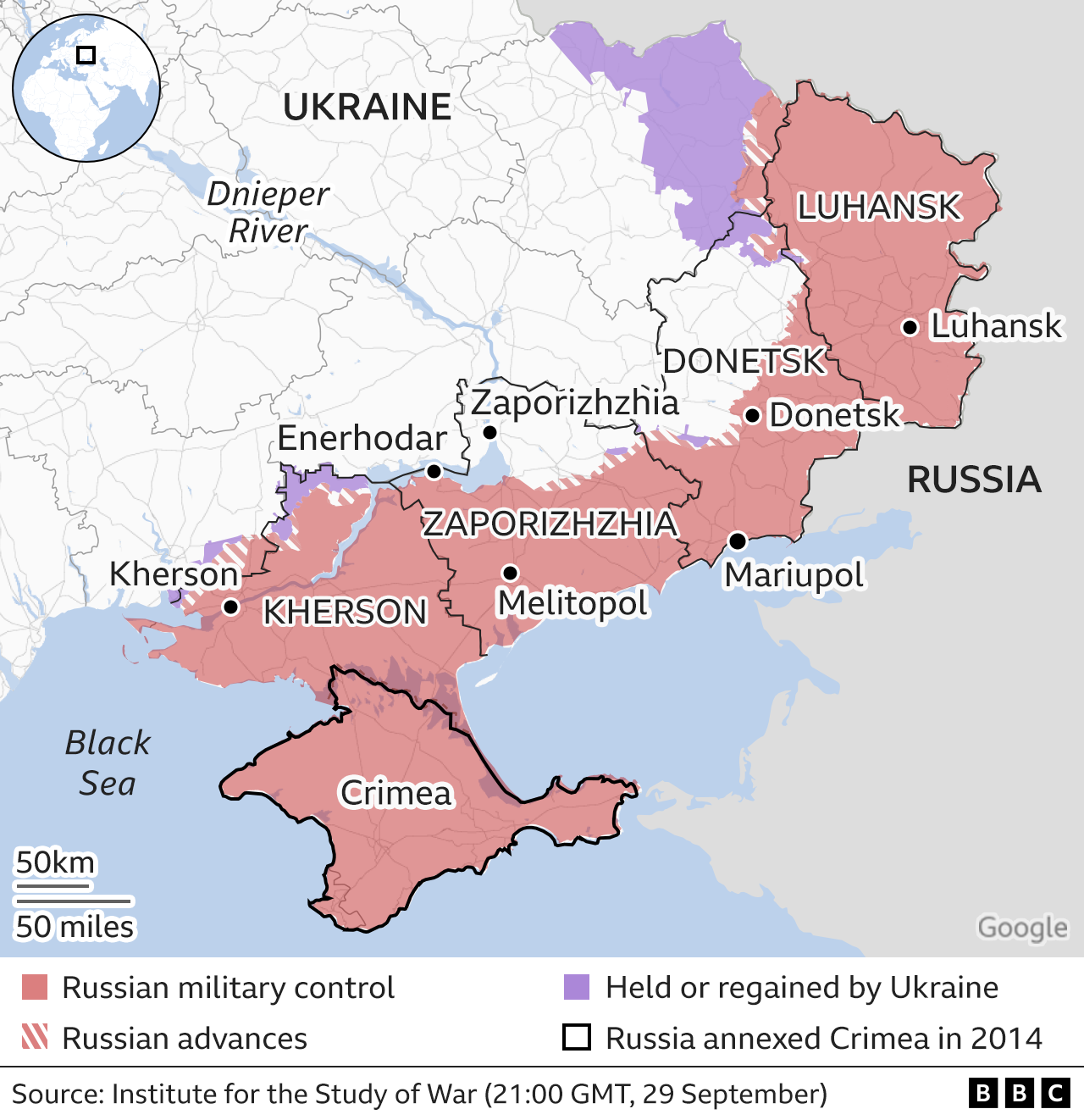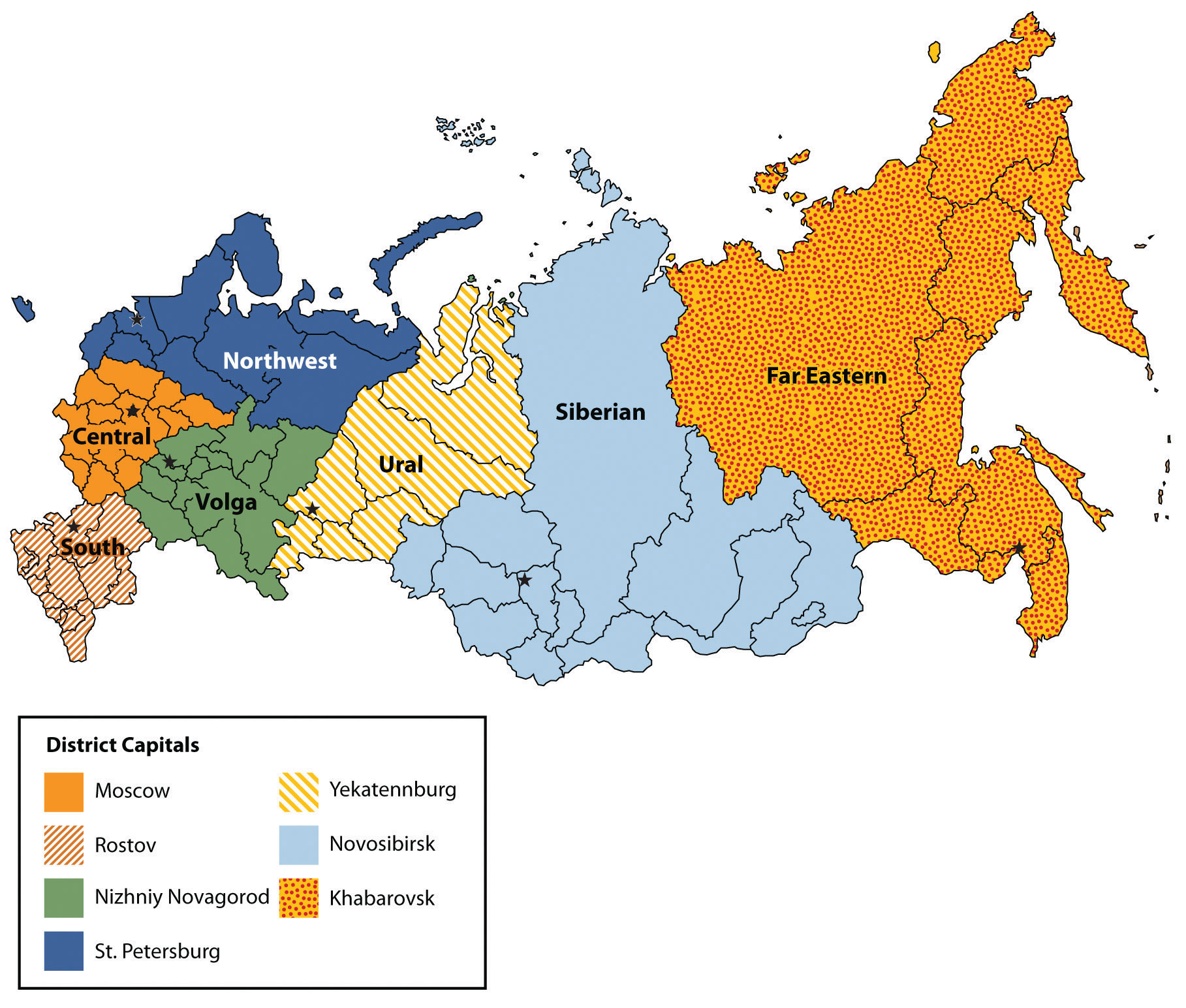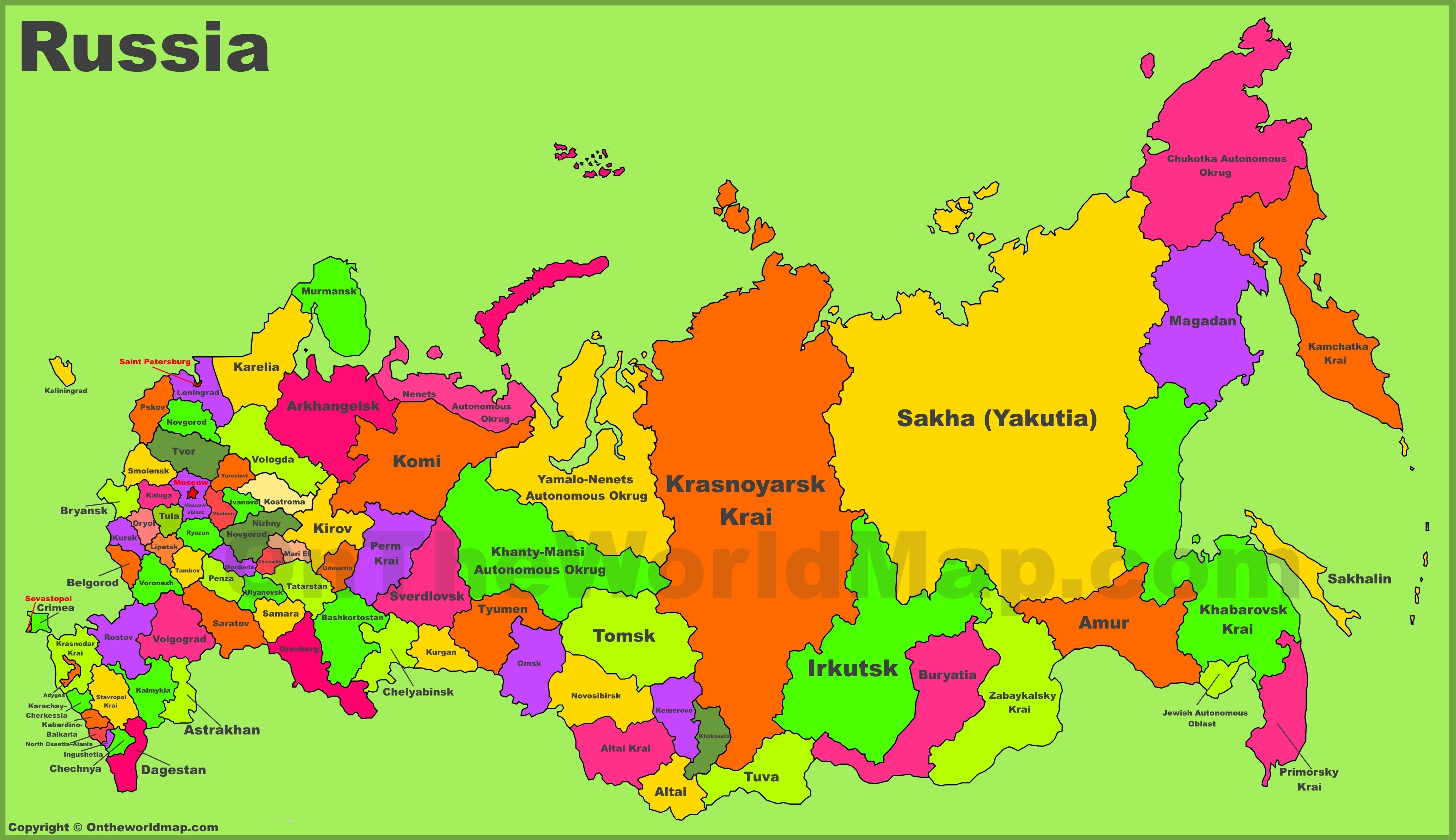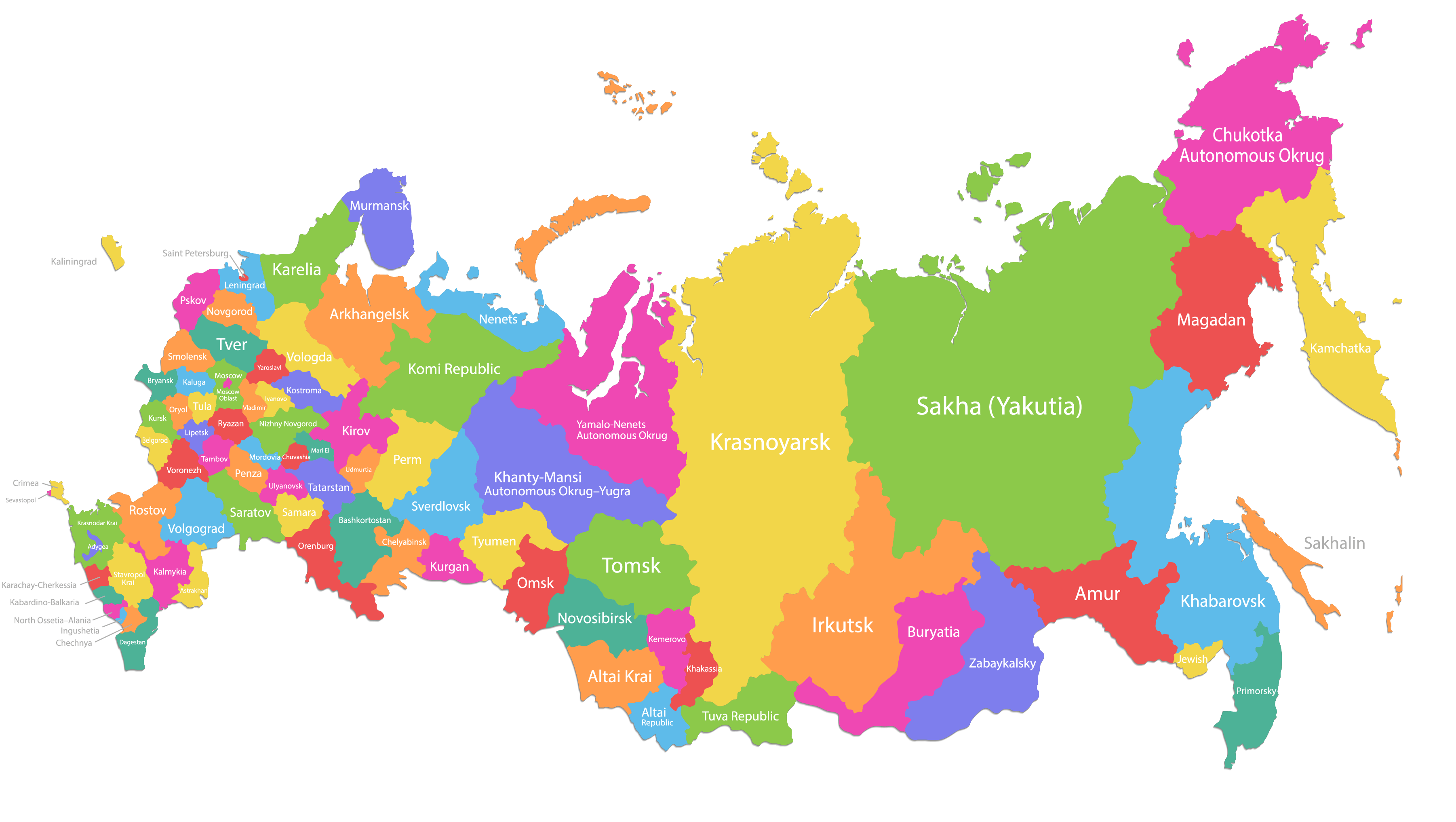New Russian Regions: Expanding The Federation's Territory And Influence
Editor's Notes: "New Russian Regions: Expanding The Federation's Territory And Influence" have published today date. This topic important to read as it provides insights into the geopolitical strategies and implications of Russia's territorial expansion. Stay informed and understand the evolving dynamics of international relations.
Our team analyzed, dug information, and made New Russian Regions: Expanding The Federation's Territory And Influence. We put together this New Russian Regions: Expanding The Federation's Territory And Influence guide to help the target audience make the right decision.
Key differences or Key takeways
| Feature | Description |
| :------------- | ------------------------------------------------------------------------------------------------------------ |
FAQ
This section provides answers to frequently asked questions (FAQs) about the New Russian Regions: Expanding The Federation's Territory And Influence. These FAQs aim to clarify common concerns and provide additional information on this topic.
Question 1: Why is Russia expanding its territory?
Russia's territorial expansion is driven by various factors, including historical claims, strategic interests, economic considerations, and geopolitical ambitions. The annexation of Crimea in 2014 and the ongoing conflict in eastern Ukraine are recent examples of Russia's efforts to expand its borders.

What Russian annexation means for Ukraine's regions - BBC News - Source www.bbc.com
Question 2: What are the implications of Russia's territorial expansion?
Russia's territorial expansion has significant implications for regional and global security, as it alters the balance of power and potentially increases tensions between Russia and its neighbors. Additionally, it raises concerns about the self-determination of nations and the violation of international law.
Question 3: How has the international community responded to Russia's territorial expansion?
The international community has widely condemned Russia's annexation of Crimea and its involvement in the conflict in eastern Ukraine. Western countries have imposed economic sanctions on Russia and provided military aid to Ukraine. Diplomatic efforts to resolve the crisis have so far been unsuccessful.
Question 4: What are the potential risks and benefits of Russia's territorial expansion?
Potential risks associated with Russia's territorial expansion include increased regional instability, military conflict, and economic sanctions. Potential benefits include increased natural resources and economic opportunities for Russia, as well as enhanced strategic depth and security.
Question 5: What is the long-term impact of Russia's territorial expansion?
The long-term impact of Russia's territorial expansion remains uncertain. It is possible that Russia will successfully integrate the newly acquired territories and strengthen its position as a regional and global power. Alternatively, the expansion could lead to ongoing instability, conflict, and international isolation for Russia.
Question 6: What are some key factors to consider when evaluating Russia's territorial expansion?
When evaluating Russia's territorial expansion, key factors to consider include historical context, strategic objectives, economic implications, international response, and the long-term geopolitical consequences.
These FAQs provide a brief overview of key questions and concerns related to New Russian Regions: Expanding The Federation's Territory And Influence. For further exploration, refer to New Russian Regions: Expanding The Federation's Territory And Influence.
Tips for Expanding the Federation's Territory and Influence
The expansion of the Russian Federation's territory and influence has been a consistent geopolitical strategy for centuries. By incorporating new regions, Russia gains access to valuable resources, strategic territories, and increased economic and political power.

Russian Culture Regions - Source ar.inspiredpencil.com
Tip 1: Leverage Historical and Cultural Ties
Russia has historically maintained close ties with neighboring territories, particularly within the former Soviet Union. By emphasizing shared cultural heritage, linguistic connections, and economic interdependencies, Russia can foster a sense of affinity and receptiveness to reunification.
Tip 2: Exploit Economic Interdependence
Economic integration and mutual trade dependencies can create powerful incentives for neighboring regions to join the Russian Federation. By establishing preferential trade agreements, providing economic assistance, and investing in infrastructure, Russia can create a favorable economic environment that encourages integration.
Tip 3: Utilize Diplomatic and Military Pressure
In certain circumstances, diplomatic pressure or military action may be necessary to secure territorial expansions. While such measures should be carefully considered, they can be effective in deterring opposition or forcing the incorporation of reluctant regions into the Russian Federation.
Tip 4: Conduct Referendums and Popular Mobilization
Referendums and popular mobilization can legitimize territorial expansions by demonstrating public support within the annexed regions. By conducting fair and credible votes, Russia can gain international recognition for its actions and minimize resistance from the local population.
Tip 5: Foster Internal Stability and Integration
Once new regions are incorporated, it is crucial to ensure internal stability and integration. By investing in economic development, social welfare programs, and cultural exchange, Russia can foster a sense of belonging and prevent separatist movements within the annexed territories.
By implementing these strategies, the Russian Federation can effectively expand its territory and influence, securing its geopolitical interests and enhancing its status as a major global power.
New Russian Regions: Expanding The Federation's Territory And Influence
The annexation of new regions by Russia is a significant development that has far-reaching geopolitical implications. These regions, such as Crimea and the Donbas, provide Russia with strategic advantages and expand its sphere of influence. This expansion has had profound effects on the region's stability, security, and economy.

Map Russia - Source www.worldmap1.com
- Strategic Advantage: Crimea offers Russia a warm-water port and enhanced naval presence in the Black Sea.
- Increased Influence: The annexation of Crimea and the support of separatists in the Donbas have strengthened Russia's influence in the region.
- Economic Integration: Integrating the new regions into Russia's economy benefits both parties through increased trade and infrastructure investment.
- Security Concerns: The annexation has raised concerns over increased tensions and potential conflicts with neighboring Ukraine.
- Historical Connection: Russia has historical and cultural ties to the annexed regions, which it cites as a justification for its actions.
- International Response: The annexation has drawn international condemnation and sanctions, further isolating Russia from the West.
In conclusion, the annexation of new Russian regions has been a complex and controversial issue. The strategic advantages, increased influence, and economic integration for Russia come at the cost of heightened tensions, security concerns, and international backlash. The long-term effects of this expansion on the region remain to be seen, but it is clear that it has significantly altered the geopolitical landscape.

Free Printable Map Of Russia - Free Printable - Source 4freeprintable.com
New Russian Regions: Expanding The Federation's Territory And Influence
The annexation of Crimea by Russia in 2014 and the ongoing conflict in eastern Ukraine have raised concerns about Russia's territorial ambitions. Some analysts believe that Russia is seeking to expand its territory and influence by incorporating new regions into the Russian Federation. Others argue that Russia's actions are motivated by a desire to protect its interests in the region and to prevent Ukraine from joining NATO.

Векторная карта россии - Source darminaopel.ru
There is evidence to support both of these views. Russia has a long history of expansionism, and it has annexed territory from its neighbors on several occasions. In addition, Russia has a strong military presence in Crimea and eastern Ukraine, and it has provided support to separatists in the region. However, Russia has also stated that it has no intention of annexing eastern Ukraine, and it has withdrawn some of its troops from the region.
It is difficult to say with certainty whether Russia is seeking to expand its territory and influence by incorporating new regions into the Russian Federation. However, the annexation of Crimea and the ongoing conflict in eastern Ukraine have raised concerns about Russia's intentions. It is important to monitor the situation closely and to be prepared to respond to any further attempts by Russia to expand its territory.
Conclusion
The annexation of Crimea and the ongoing conflict in eastern Ukraine have raised concerns about Russia's territorial ambitions. While it is difficult to say with certainty whether Russia is seeking to expand its territory and influence by incorporating new regions into the Russian Federation, the evidence suggests that this is a possibility. It is important to monitor the situation closely and to be prepared to respond to any further attempts by Russia to expand its territory.
The annexation of Crimea and the ongoing conflict in eastern Ukraine have also had a significant impact on the relationship between Russia and the West. The West has imposed sanctions on Russia in response to its actions, and relations between the two sides are at their lowest point since the Cold War. It is unclear how the situation will evolve in the future, but it is clear that the annexation of Crimea and the ongoing conflict in eastern Ukraine have had a profound impact on the region and on the relationship between Russia and the West.
إرسال تعليق